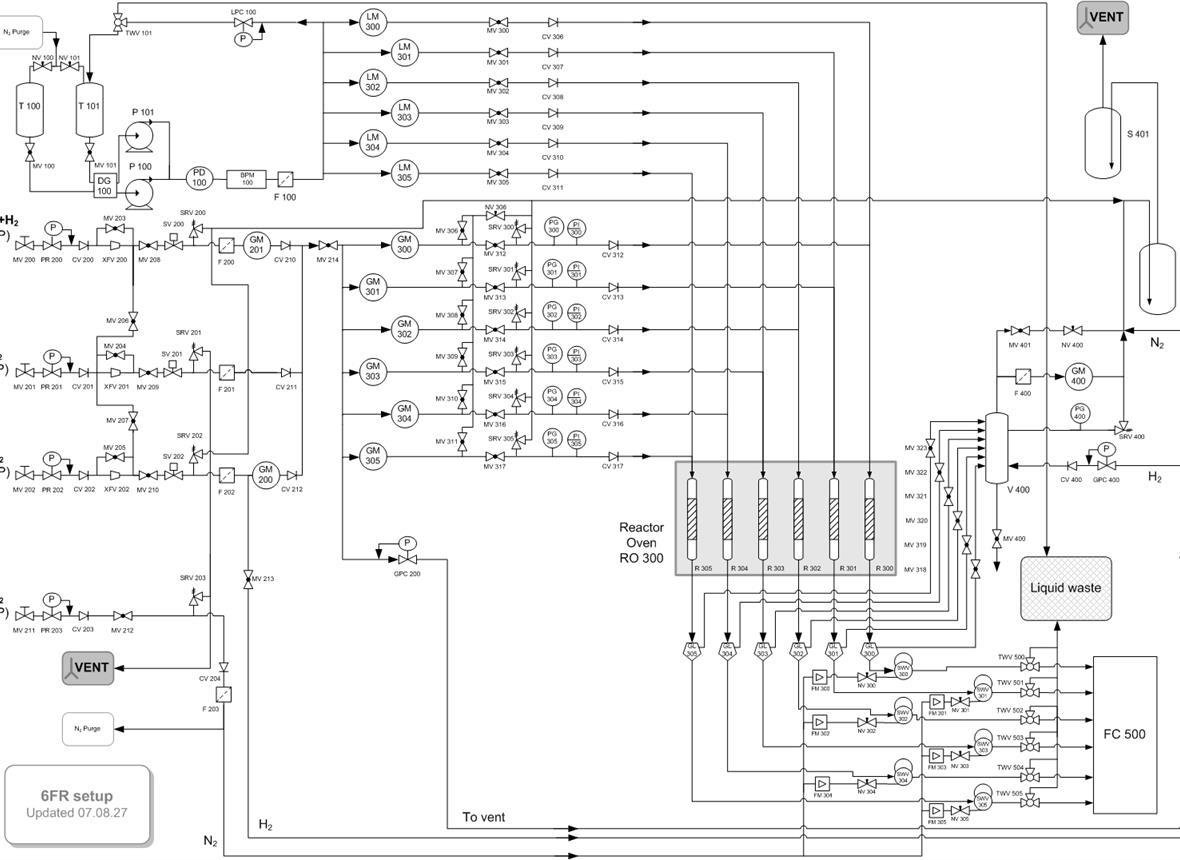Abstract
Catalytic cracking of waste plastics is an interesting option for selectively recovering raw materials or for obtaining fuels. In this paper, a new recycling strategy is proposed, which consists of upgrading the waxes obtained by flash pyrolysis of polyolefins in a FCC (Fluidized Catalytic Cracking) unit. The waxes have been obtained by flash pyrolysis of polypropylene at 500 ºC and they have been dissolved (20 wt% wax) in the vacuum gasoil (VGO) of a FCC unit. The runs have been carried out in a CREC-UWO Riser Simulator Reactor (atmospheric pressure; 500-550 ºC; C/O = 5.5; contact times, 3-12 s). A commercial catalyst and a hybrid one (containing HZSM-5 zeolite) have been used. The cracking of the mixture leads to higher yield of gasoline than in the cracking of VGO with a higher content of olefins. The results of the effect of the operating conditions (temperature and contact time) are qualitatively similar to those corresponding to standard feed. Consequently, no difficulties inherent to the presence of waxes in the feed are expected in the treatment of mixtures at industrial conditions. The presence of HZSM-5 zeolite in the catalyst causes a significant increase in the amount of LPG (especially C3-C4 olefins), at the expense of a decrease in the gasoline fraction, whose RON is 1-2 points higher than that corresponding to the commercial catalyst. The gasoline obtained also has a higher content of olefins (especially C5-C7) and benzene at the expense of a decrease in the amount of C6-C10 i-paraffins.
Keywords
CRE
W2C
FCC
